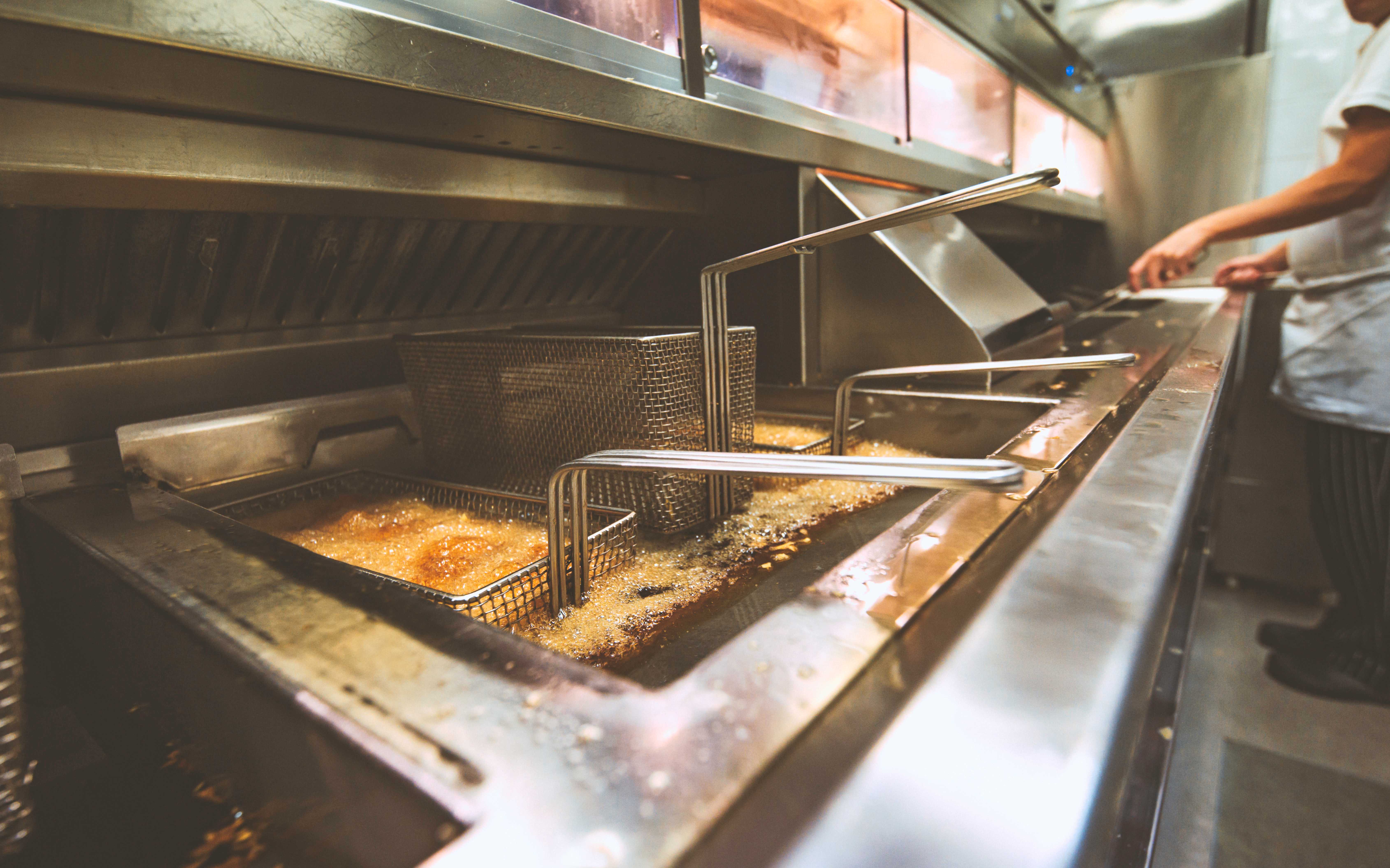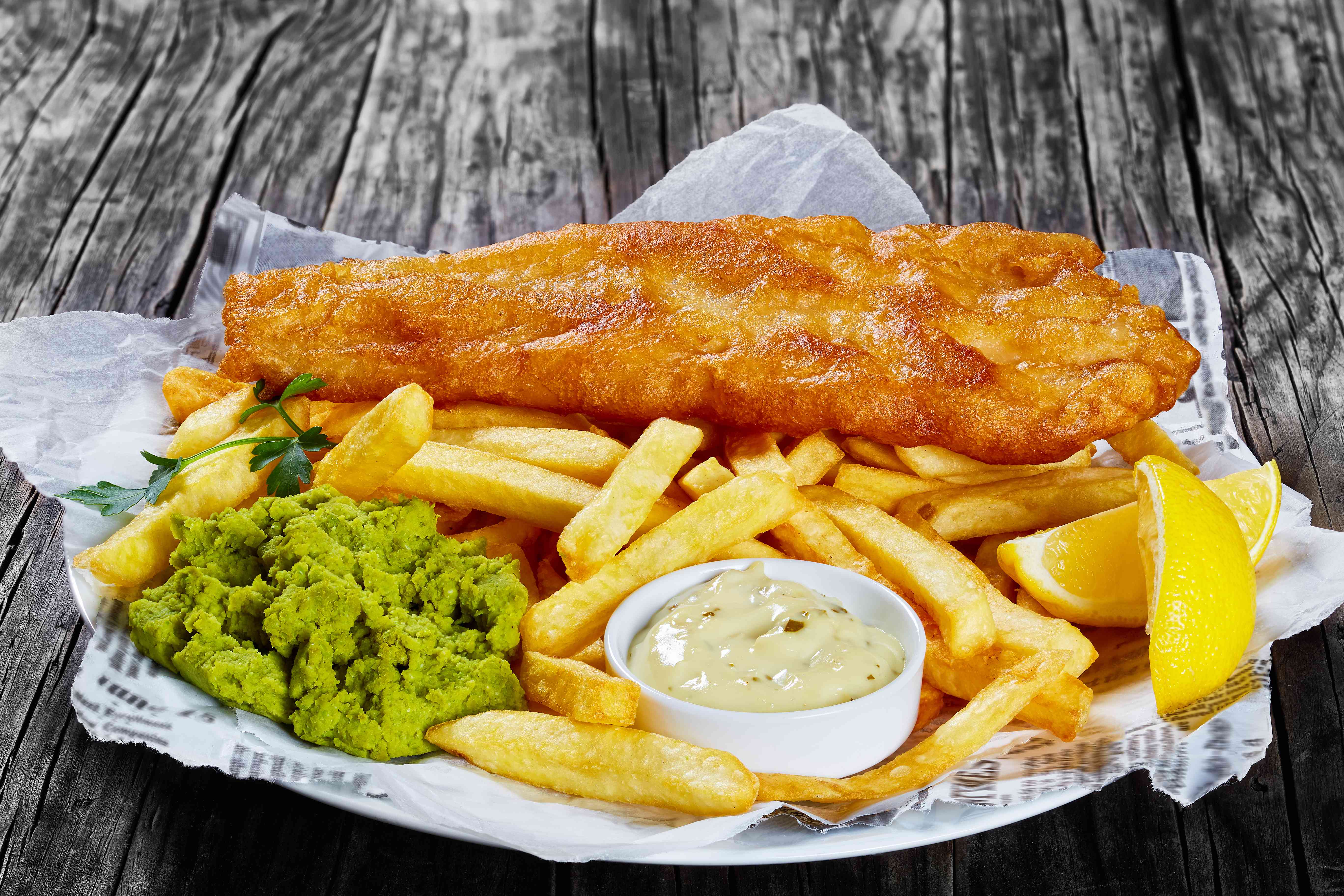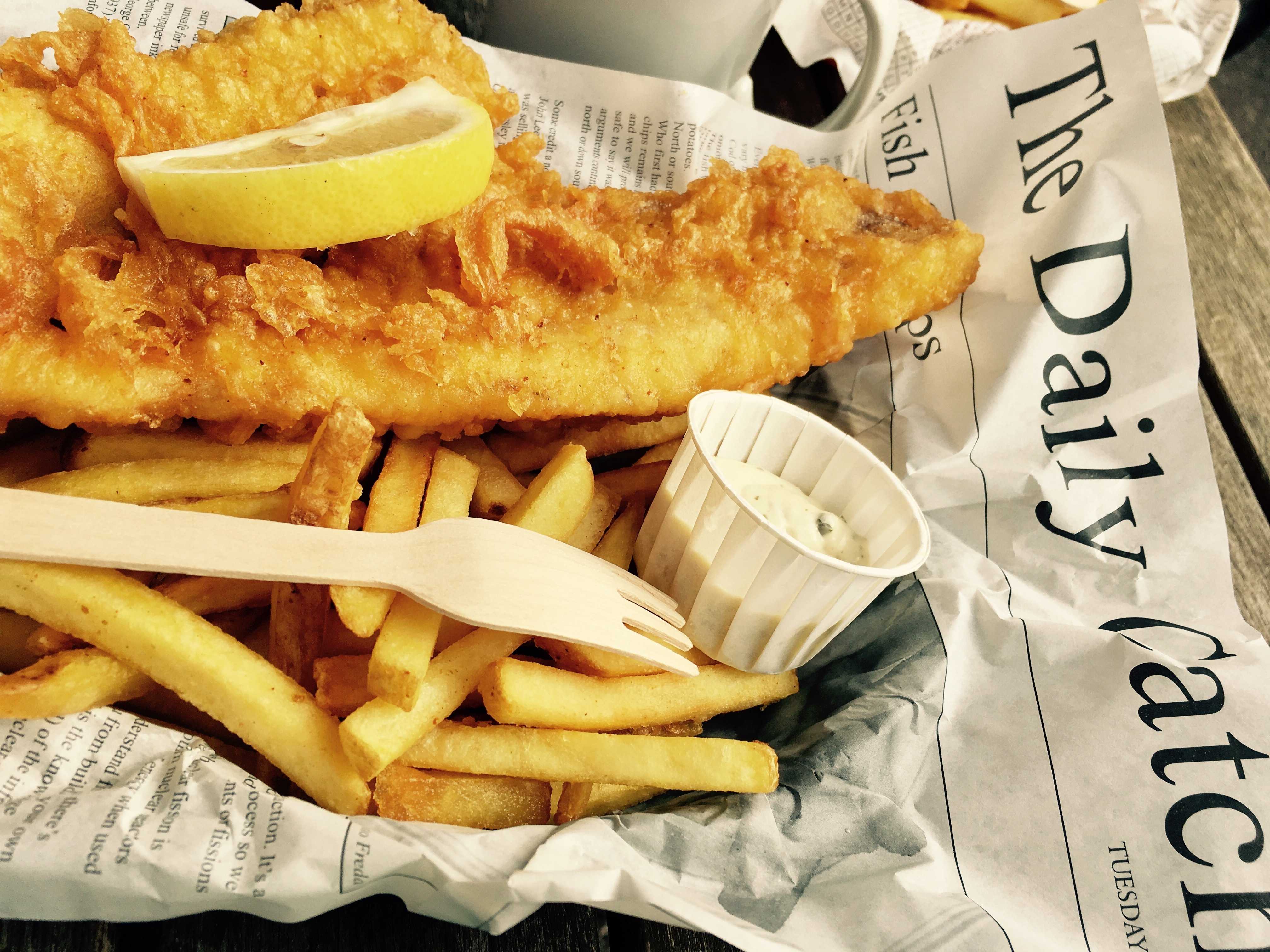The pulp of the fruit of the oil palm tree is used to make the vegetable oil known as palm oil. Although they originated in West Africa, oil palm trees are now most often planted in Southeast Asia’s tropical areas. The two nations that produce the most palm oil globally are Malaysia and Indonesia, and about seven countries generate around 85% of the palm oil that is used globally. Palm oil is the most widely used vegetable oil in the world and can be found in many products, including food and cosmetics. Worldwide demand is increasing yearly due to its versatility.
What is palm oil?
This oil should not be mistaken for palm kernel oil, which comes from the same plant’s seeds but is off-white in colour. Unrefined palm oil is orange-red in colour and semi-solid at room temperature, fully melting at around 35 to 40°C. Palm oil frequently replaces butter in industrial baking due to its affordability and similar melt profile, as well as its health benefits over butter. Due to the large amount of natural beta-carotenes in palm oil, it is reddish-orange in hue when extracted directly from the pulp.
Types of palm oil
Palm oil may come in unrefined (or crude) or refined forms:
- Unrefined palm oil – This is unprocessed oil extracted straight from the pulp of the fruit of the palm tree. It has a unique flavour and odour, and a deep red colour because it is rich in carotenes including lycopene, alpha-carotene, and beta-carotene. Red palm oil is more frequently used in traditional West African cuisine, including in Nigeria, primarily utilised for cooking. It contains carotenoids, vitamin E, and sterols, which means that when consumed in moderation, there are many palm oil health benefits. Additionally, a great benefit of palm oil is that it is one of the very few naturally saturated vegetable fats that raise a person’s LDL cholesterol levels.
- Refined palm oil – Here, the unrefined oil is processed to remove the deep red colour and steam cleaned to give it a neutral odour and taste. It is more frequently employed in food production or when frying goods that are mass-produced. Because of the health benefits of palm oil, it has recently gained popularity in other regions of the world and with a smoke point of just over 230°C, it’s a great oil for frying!
What is palm oil used for?
There are many diverse uses for palm oil. It is used for:
- Frying – it has good stability for the high temperature required for frying, especially for deep frying.
- Cooking.
- As an ingredient used in many processed foods.
- Used in animal feeds and even as fuel.
- It is also used in industries to manufacture toothpaste, lipstick, shampoo, creams, detergents, cosmetics, lubricants, wax, soap, ink, etc.
- Production of biscuits and cookies.
- For baking – soft loaves of bread.
- Prevents margarine and butter oxidation.
- Improves the shelf life of the cake and improves the texture.
- For salad dressing and cooking of different delicacies of stew and soup.
- For frying meat, fish, and other products.
- Helps to prevent frozen meals from sticking together when added.
- Used in the production of infant formula.
Nutritional information on palm oil
Here is the nutritional content of one tablespoon (14 grams) of palm oil:
- Calories: 120
- Fat: 13.6 grams
- Saturated fat: 6.7 grams
- Monounsaturated fat: 5 grams
- Polyunsaturated fat: 1.2 grams
- Vitamin E: 14% of the Daily Value
Palm oil benefits
These are a few of the health benefits of using palm oil. It is naturally high in antioxidants like tocopherols and Vitamin E, which have been shown to aid in the prevention of illnesses like cancer. High quantities of Vitamin E are known to have remarkable anti-ageing properties, preventing wrinkles and fine lines.
Another big palm oil health benefit is that it has also been linked to a decreased risk of developing heart disease. The ability of this oil to lower bad cholesterol levels (LDL) and increase good cholesterol levels (HDL), appears to be only one of the many heart-healthy benefits of palm oil.
Due to its advantages, variety of uses, and affordability compared to other oils, palm oil is used extensively in industry and for cooking all over the world. The majority of your cooking may be done using palm oil. Some other advantages of using palm oil are:
- Palm oil is one of the cheapest and most popular oils used worldwide.
- It has a high smoke point which means it has good temperature stability required for heating and frying.
- It gives food a luscious, fattier, and creamier taste.
- Its texture gives food a rich look.
- It can be processed into products of different characteristics.
- The presence of vitamin E, which is a powerful antioxidant, keeps the oil from becoming rancid in high temperatures
- It doesn’t contain Trans Fatty Acids.
- It gives fried products a crunchy and crispy characteristic feel.
- Once food is fried, the food remains crisp and clean tasting.
Palm oil sustainability
The habitat of already threatened species like the orangutan, pygmy elephant, and Sumatran rhino was being destroyed as a result of palm oil deforestation in some of the world’s most bio-diverse forests in the 20th Century. Millions of tonnes of glasshouse gases are released into the atmosphere as a result of this forest loss and the conversion of peat soils, which are rich in carbon. Many individuals have been concerned about this. This is why it’s suggested that you get your palm oil from growers and suppliers like Frymax who follow best practices and stay away from those who don’t. If in doubt, get further information about the palm oil’s origins before buying it by contacting the supplier.
Frymax makes sure that its supply chain is sustainable, free of deforestation, free from peat burning, supports the local population and ensures they are not exploited, and does not alter natural ecosystems. We promote an industry that is ethical, sustainable, and free of deforestation and conversion. Since 2013, Frymax oil has been made from fully-segregated, RSPO-certified palm fruit oil. Not a drop of non-certified oil goes into the production of Frymax. Home cooks and restaurateurs can be rest assured that, when they choose Frymax, they are supporting sustainable, ethical palm oil production. For more information don’t hesitate to get in contact with the helpful Frymax team.
Become a Frymax member today to gain access to exclusive content, expert frying advice and the chance to enter our fantastic competitions.






